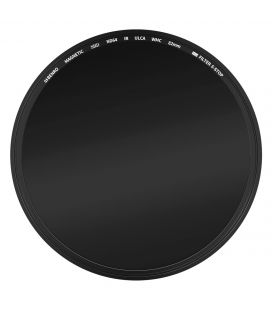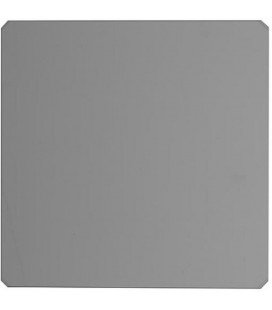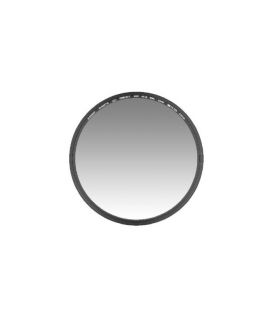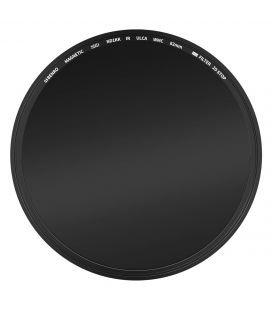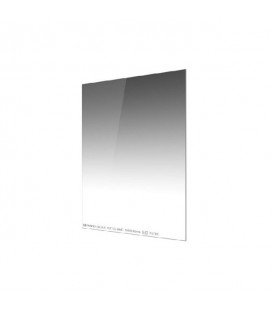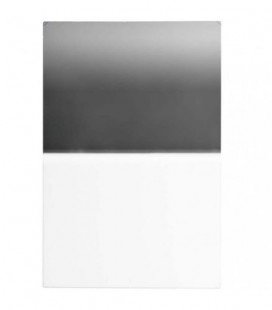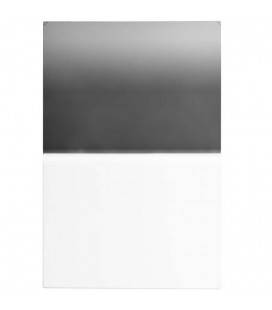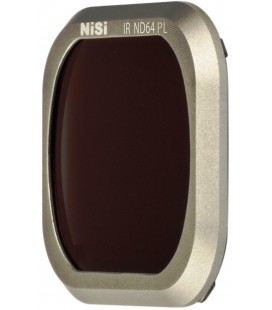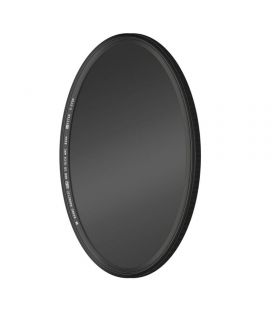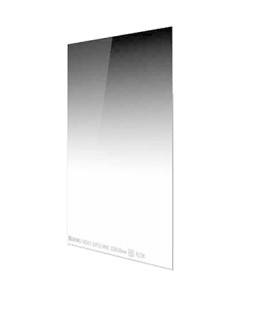ND Density Neutral
What are Neutral Density ND filters for?
There are many situations for the photographer where we have plenty of light. An example can be a long daytime exposure, shallow field photographs and the photography of sunrise and sunset. In these cases we always have more light and here enter these filters. Filters are what they do is reduce the light available in the scene, so we can lengthen our exposures or have large openings to achieve the desired effect.
How to choose the best ND filter?
These filters are normally marked by a value, which tells us how much light in exposure value is reducing. For example, the ND2 reduces 1 light pass or 1 EV, the ND4 reduces 2EV, and the ND1000 Reduces 10EV. Depending on what we are looking for we will use the right one, we also have the NDX, which are variable neutral density filters where we will have several filters in one.
All our filters are available in standard diameters or with the necessary adapters.
Frequently Asked Questions about ND Filters
Which ND filter to buy?
There are three main characteristics that differentiate ND filters; their shape factor (circular or rectangular), material (glass or resin) and pitch restrictions (fixed or variable). Rectangular filters, although requiring a higher investment, are compatible with a larger number of lenses. Glass filters, although more fragile, tend to offer higher quality. And variable filters, although more convenient, tend to offer less quality for a given passage of light than their fixed equivalent.
What is an ND filter?
A neutral density filter is a filter that reduces the amount of light that enters your camera. There are filters with different step reductions. You can find filters from ND4 (little light reduction) to ND1000 (a lot of light reduction). These filters allow you to take pictures with daylight effects such as "timelapse" or "fog effect" on water.
What is an ND filter for?
A neutral density filter reduces the amount of light that enters your camera allowing you to shoot daylight effects such as "foggy water" shots or timelapses in sunlight. If you want to get started we recommend a variable density filter and that you consult the complete guide in our blog.
How to use a variable ND filter?
In general, a variable neutral density filter has a certain number of pass restrictions. Once the filter is placed in front of your lens, you can change the step restrictions by turning the filter. At Duke we have inexpensive options from 2 to 8 steps. If you can invest in a higher quality filter we recommend the HOYA brand.

